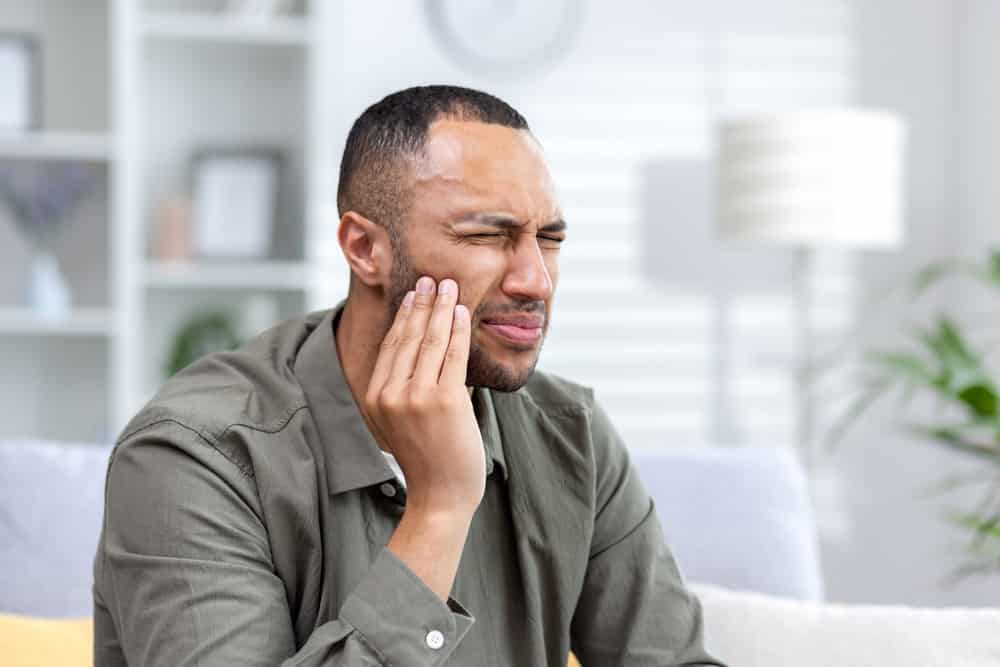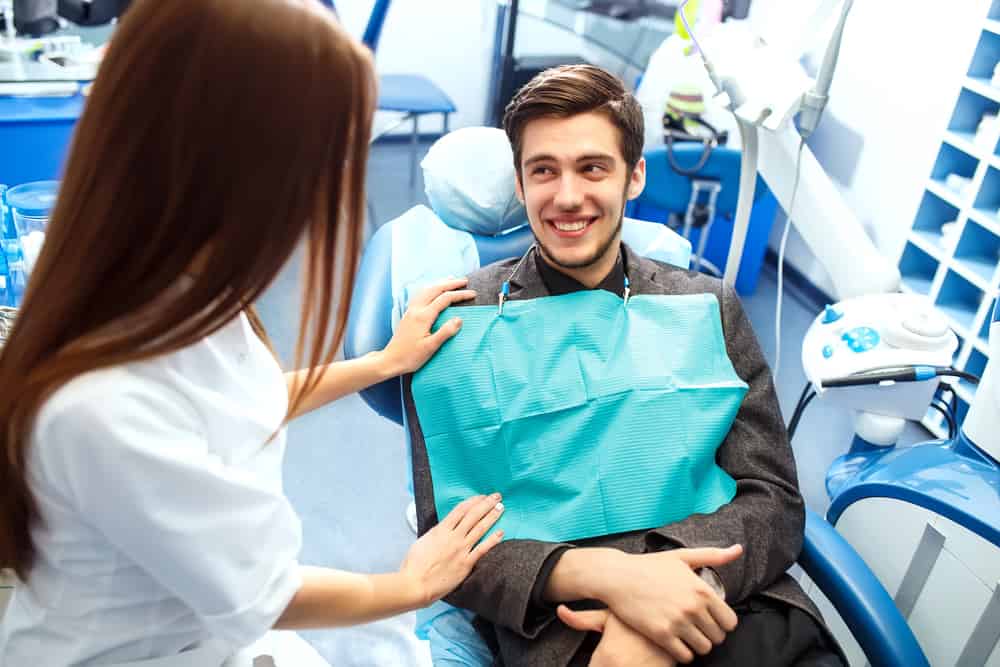Perfect smiles protectors, this dental emergency handbook is for you! From recognising a dental emergency to managing pain and discomfort, this guide provides practical, immediate steps to protect your smile.
Learn how to clean and protect the affected area, seek professional help, prevent future dental emergencies, and take care of your teeth during recovery.
Let us equip you with the knowledge and tools to keep your smile shining.
Recognising a Dental Emergency
Recognising a dental emergency is a crucial step in protecting your smile. Knowing the signs and symptoms of a dental emergency can help you take the necessary steps to treat the issue. Dental emergencies often include severe pain, a knocked-out tooth, broken tooth, or injury to the soft tissues in the mouth.
In the event of a dental emergency, it is important to contact an emergency dentist or go to the hospital emergency department. A cold compress may also be used to reduce swelling and alleviate pain until you can receive professional treatment.
With a clear understanding of the signs of a dental emergency, you can take immediate action to protect your smile.
Cleaning and Protecting the Affected Area
Gently cleaning and protecting the affected area is essential to prevent further damage and infection. Start by rinsing the area with warm water and then contacting a dental service.
If you have a tooth abscess, fractured tooth, or any other severe dental issue, it is important to keep the area clean and free of debris. If bleeding continues, apply a piece of gauze to the area and hold pressure until the bleeding stops.
If there is gum tissue or a dental crown that has been dislodged, place it in a container of milk and call for medical attention. Make sure to keep the area clean and free from any further debris to reduce the risk of infection.
With the proper care and attention, you can protect your smile and make sure that your dental emergency is handled with care.
Seeking Professional Help
It is essential to seek professional help for any dental emergency to ensure the best possible outcome. When it comes to dental care, a professional can identify any tooth decay, severe toothache, or facial bones that may be injured. Oral health needs to be taken seriously, as even a dull toothache can be a sign of something serious.
A professional can also identify any signs of trauma to blood vessels and perform a root canal therapy when necessary.
To ensure the best possible outcome, remember to:
- Visit a dental professional immediately
- Take any counter pain relievers as prescribed
- Clean and protect the affected area
- Follow through with all recommended treatments
Managing Pain and Discomfort
Taking steps to manage pain and discomfort is essential for any dental emergency. Oral hygiene should be maintained during the healing process, and a tooth extraction can leave a tooth socket feeling tender.
The goal is to avoid expensive treatments and instead focus on a treatment plan that can be executed in a dental office. Clean gauze can help with any bleeding, and a soft cloth can be used to gently dab the area. Sharp objects and tooth root exposure should be avoided, as this can lead to further complications.
It is important to take pain medications as prescribed, as this will help to reduce discomfort and speed up the healing process.
Preventing Future Dental Emergencies
Maintaining proper oral hygiene is the key to preventing future dental emergencies. Regular brushing and flossing, along with regular dental exams and cleanings, will help to prevent cavities and other oral health issues. Taking advantage of dental insurance plans and following up with emergency dentistry visits in the case of an emergency situation can also help to protect your smile.
To protect your teeth, it is important to avoid chewing on hard objects or using your teeth to open packaging. If a permanent tooth becomes loose, rinse with water, and place it in a cup of water. If you break or chip a piece of tooth, collect it and place it in a cup of water. In either case, it is important to visit your dentist as soon as possible so that they can determine the right course of action, such as a canal treatment or other procedure.
Taking Care of Your Teeth During Recovery
Brushing, flossing, and using mouthwash regularly will help to maintain good oral hygiene during recovery from a dental emergency.
Seeing a dentist for a regular checkup and treatment is also important to prevent permanent damage.
If a dental filling, root canal, or other dental treatment is required, visiting an emergency dentist may be necessary.
Counter dental decay or gum disease by using dental appliances or preventatives such as fluoride and sealants recommended by your dentist.
After an emergency dental visit, it is important to take extra care of your teeth, which may include more frequent brushing and flossing and continuing to use preventatives to avoid any further dental emergencies.
Key Takeaways
As dental emergencies can strike without warning, it is important to be prepared for any eventuality. By following the steps outlined in this handbook, you can ensure that your smile is protected and stay one step ahead of any dental emergency.
Taking the time to learn about dental emergencies and how to respond to them is a valuable investment in your oral health. Knowing how to respond to a dental emergency can be the difference between a minor problem and a major emergency.
If you have any questions or would like to learn more about dental emergencies, please visit All About Dental at Engadine, NSW. Our website provides additional information and resources to help you better understand your dental health and how to prevent dental emergencies. Take the time to learn more about dental emergencies and how to prevent them; it could be the difference between a minor problem and a major emergency.





